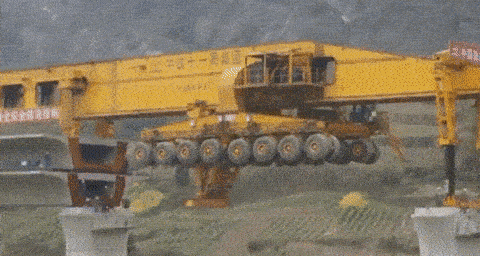The $10 Trillion Tsunami
The once in a lifetime opportunity to capitalize on the 13 million businesses that will change hands in the next 10 years. Get ready.
Summary Points:
99% of startups fail completely or never make more than $1M in revenue
Buying businesses with already 1M in revenue reduces that risk dramatically and gives you a paycheck on day one of ownership (95% success rate)
A $65k initial investment can purchase a company doing over $1M in revenue with a potential of $200k+ in annual earnings
(time)x(cash flow)=success %
Baby boomers are retiring at a rate of 11,000 a day and they own 45% of all the small businesses in the United States. There are around 30 million small businesses so that means that there is around 13 million businesses that need to exchange hands in the next decade
Acquisition Entrepreneurship
In his book Scaling Up, author Verne Harnish writes that only 4% of all companies in the United States ever exceed $1M in revenue.
When you really drill down into the numbers, that means that more than 99% of companies fail completely or never really get enough traction to be a financial success.
This is where buying an existing cash-flowing business is the entrepreneurship hack that skips the 99% failure to launch rate and focuses on the thriving 1%.
The term for this is called acquisition entrepreneurship.
Acquisition entrepreneurs are value focused investors that want to start day one of ownership with money coming into their bank account.
Not too shabby of a goal.
Quite literally, when you are buying an existing company, you are getting:
1. Existing customers
2. Existing reputation
3. Existing employees
4. Existing profits (the best one)
Acquisition > Startup
I have done the startup game and it is exhausting.
Constantly raising money to outpace the rate of burn as you are trying to go from 0 to 1.
Trying to keep the lights on, trying to find money to pay your team, trying to figure out how to showcase your solution to distracted customers.
Not for the feint of heart.
It is nerve-racking and it is rewarding (if you make it), but it is a literal crapshoot.
Great companies, with great teams, and great ideas, have failed miserably.
There is not a singular guaranteed approach.
That is why VC firms invest in ten startups in hopes of 1 hitting it big and making back their losses and then some on the other 9.
Buying businesses with already 1M in revenue reduces that risk dramatically and gives you a paycheck on day one of ownership.
Instead of focusing on building the tracks as you go, you inherit an already functioning railway that is ready to be optimized and expanded.
The Common Man
According to the WSJ in 2015, the average startup begins with $65k of investment. The average down payment on a house in the US is around $60k.
Nearly identical.
Using an SBA 7a loan, a $65k initial investment can easily purchase a company doing over $1M in revenue with a potential of $200k+ in earnings. Your $65k can buy a top 4% nationally producing company.
Soak that in.
This is not a rich man’s game. This is a focused and discipled man’s game.
This is achievable for most Americans that have a modest savings.
And if you do not have $65k in savings, get in line.
Many acquisition entrepreneurs started out with far less. Just like I did.
How did I get that first deal done? I brought on a partner.
You can have partners and investors for your first deal (more in another article) and it is an easy way to scale your entrepreneurship journey.
$10 Trillion Tsunami
The VC game seems much sexier than the acquisition game, but the numbers do not lie.
Over 80% of VC backed startups fail in the first 5 years and few ever reach profitability.
Even famous names like Elon Musk did not become who they are today with having a few successful acquisitions under their belts.
Musk first payment processing company failed and then he bought PayPal and exited for a tidy 9 figures. Even Tesla was not founded by Musk, but rather Musk became a large investor and eventually became CEO.
According to the Center for Entrepreneurship and Public Policy at George Mason University, the most productive companies in the United States are not the famous FAANG startups, but companies that were over 25 years old.
What does this tell us?
It tells us that (time)x(cash flow)=success %
This leads us to the $10 Trillion tsunami.
I didn’t misspell that, that is trillion with a T.
Baby boomers are retiring at a rate of 11,000 a day and they own 45% of all the small businesses in the United States. There are around 30 million small businesses so that means that there is around 13 million businesses that need to exchange hands in the next decade.
That is around $10 Trillion in value that needs to be acquired.
Let that sink in.
The opportunity is immense. It is hard to fathom how big.
There is a buyer’s market for the foreseeable future where there is an excess supply in businesses for sale and not enough buyers to acquire them.
You can buy a top 4% performing company for the less than $100k down! That is an incredible opportunity that has the ability to build wealth at an unprecedented rate.
More?
Enjoyed this article?
Leave a comment below and share this article for others to see.
Interested in taking the next step?
Send an email to ben@benkelly.co with the subject line “buying businesses” and I will respond back with next steps.
Talk soon!
Ben







